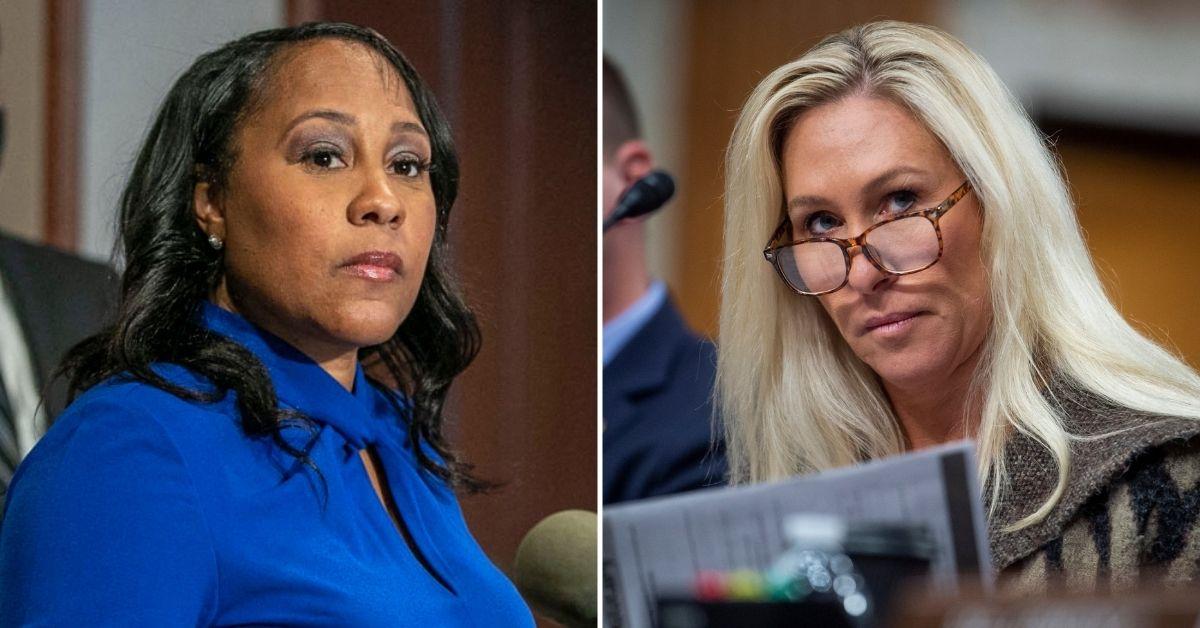Examining Ethical Dilemmas in the Pulpit: A Critical Analysis of Recent Controversies
In recent times, the pulpit, traditionally revered as a platform for moral guidance and spiritual enlightenment, has become embroiled in controversy and ethical dilemmas. The intersection of religion, politics, and personal agendas has led to contentious debates within the church community. One such controversy revolves around the decision to allow individuals with questionable morals and actions to stand in the pulpit and receive accolades from church leaders.
At the center of this debate is the case of attorney Fani Willis, who has garnered attention for her role in prosecuting high-profile cases, including former President Donald Trump. Despite her legal accomplishments, questions arise regarding the ethical implications of celebrating Willis within the church community, particularly considering allegations of unethical conduct and personal indiscretions.

Critics argue that allowing individuals like Willis to stand in the pulpit sends mixed messages about the values and principles upheld by the church. They question whether the pursuit of justice should overshadow concerns about moral integrity and ethical behavior. Furthermore, the use of religious platforms to endorse individuals involved in contentious legal battles raises concerns about the politicization of faith and the blurring of lines between religion and partisanship.
Bishop Wood, a prominent figure in the church community, has been vocal in his criticism of the practice of allowing individuals with questionable backgrounds to occupy the pulpit. He highlights the hypocrisy of church leaders who endorse individuals based on their political affiliations or professional achievements while overlooking moral failings and ethical lapses. Bishop Wood’s stance reflects a broader sentiment within the church community, where many are calling for greater accountability and integrity in leadership.

The controversy surrounding Willis also raises broader questions about the role of the church in addressing social issues and promoting ethical behavior. While the church has historically been a catalyst for social change and justice, some argue that its influence has waned in recent years due to internal divisions and external pressures.
Moreover, the case of Willis underscores the challenges faced by black churches in navigating complex socio-political landscapes. Traditional black churches, once pillars of strength and solidarity within the community, now find themselves grappling with issues of relevance, credibility, and accountability. The failure to address these challenges effectively has led to disillusionment and disengagement among some members of the congregation.
In light of these developments, there is a growing call for a return to the core principles of faith, righteousness, and social justice within the black church community. Leaders are being urged to prioritize moral integrity and ethical leadership over political expediency and personal gain. Additionally, there is a need for greater transparency and accountability in the selection of individuals invited to stand in the pulpit and receive recognition from church leaders.
Ultimately, the controversy surrounding Willis serves as a cautionary tale for the church community, highlighting the importance of upholding ethical standards and moral principles in all aspects of leadership and decision-making. As the church continues to grapple with these challenges, it must remain steadfast in its commitment to promoting justice, integrity, and righteousness in society. Only then can it fulfill its mission as a beacon of hope and moral guidance in an increasingly complex world.





